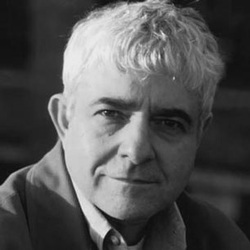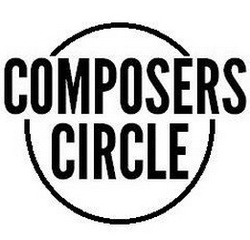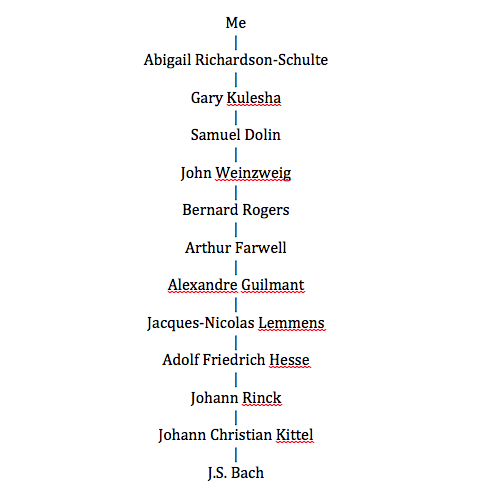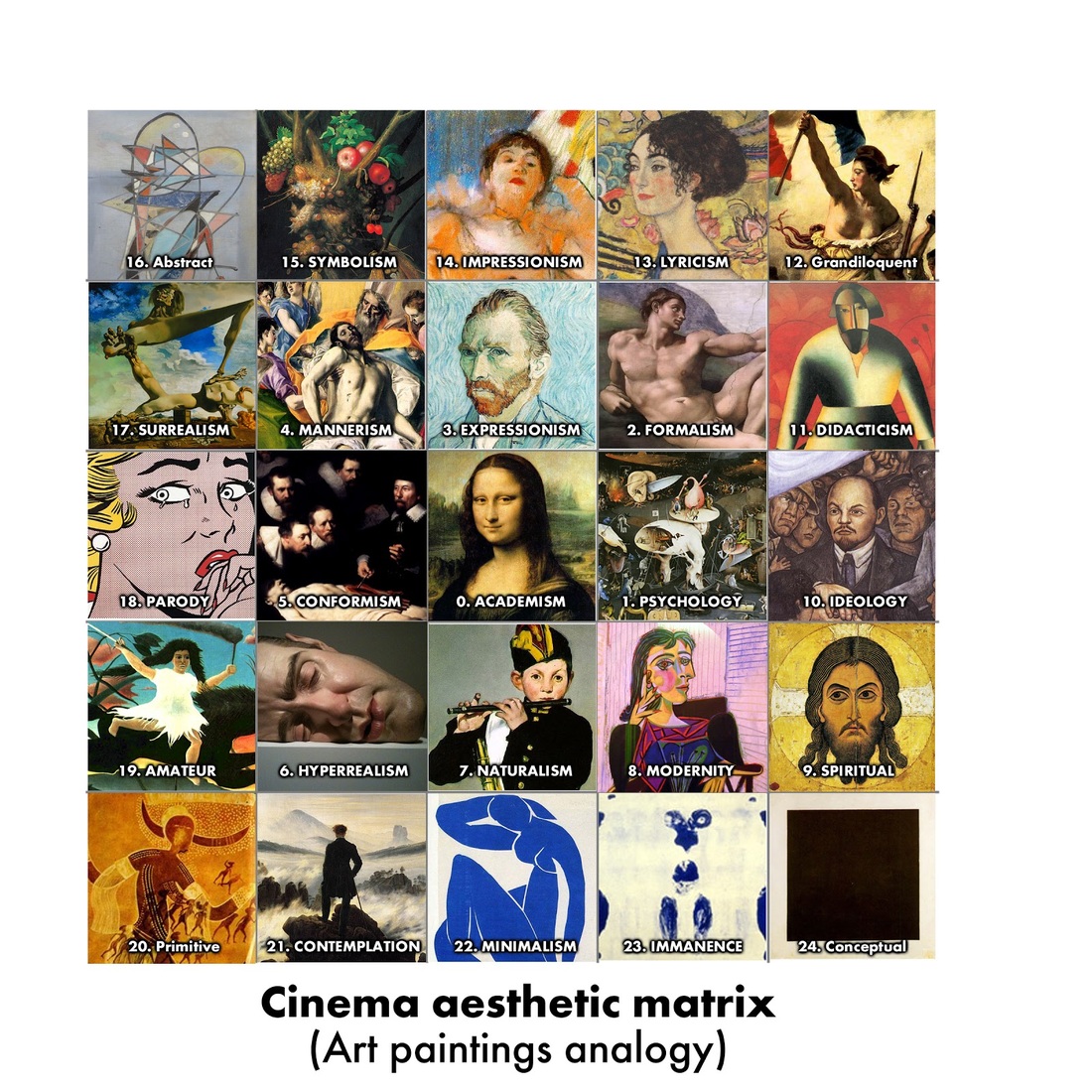|
Michael Finnissy: […] The reality that we, as living composers, are forced to accept- as natural- that the music of the past is unquestionably so much better than anything we might write and is going to be played so much more than ours is, is just bizarre.
Paul Steenhuisen: Do you think it’s something peculiar to this time? Finnissy: I think it began to happen in the nineteenth century, a facet of bourgeois culture, that the good old days are better than the here and now. The past is more secure, more comfortable, and you know less about it. (Interview with Michael Finnissy, Sonic Mosaics, Conversations with Composers, Paul Steenhuisen, 2009)
1 Comment
"My goal: complete liberation from form and symbols, context and logic.
Away with motivic work! Away with harmony as the cement of my architecture! Harmony is expression and nothing more. Away with pathos! Away with 24 pound protracted scores! My music must be short. Lean! In two notes, not built, but “expressed”. And the result is, I hope, without stylized and sterilized drawn-out sentiment. That is not how man feels; it is impossible to feel only one emotion. Man has many feelings, thousands at a time, and these feelings add up no more than apples and pears add up. Each goes its own way. This multicoloured, polymorphic, illogical nature of our feelings, and their associations, a rush of blood, reactions in our senses, in our nerves; I must have this in my music. It should be an expression of feeling, as if really were the feeling, full of unconscious connections, not some perception of “conscious logic”. Now I have said it, and they may burn me. " -- Arnold Schoenberg in a letter to Ferruccio Busoni, 1909. Generally, when I compose I aim to achieve a feeling of “rightness" between myself and what I write. When I’m notating the music, the process of editing is to invoke a sensation of rightness, which might involve adding an extra beat here, making a certain sonority more/less dissonant, changing register, giving more space or attention to a certain gesture, and so forth. I realized that this isn’t always the best procedure with composing, and usually invokes a sense of “filling out" of musical space, which, in some cases, is a very Classical-era mindset and completely validated.
But it’s not everything. This idea of achieving rightness, balance or proportion can be placed aside if the composer is willing to become uncomfortable while writing. I recently learned to let go of my comfortable “rightness" as I completed the ending of my piano trio. The proportional rightness is askew, almost choked or distorted from the natural space it feels entitled to. It was uncomfortable for me to write, because it felt wrong or badly written. That’s how the sub-par artistic mind works, the unfamiliarity becomes a false manifestation of poor quality of lack of intention, stamped out for qualities built on a sense of “rightness" or self-generated proportion. Writing music is full of uncomfortable feelings and self-doubt, but even this discomfort becomes rooted in comfort when we continually tread through the same processes. Managed to traced my "musical" lineage back to J.S. Bach. One of the great things about being a classical composer is we get to celebrate such wonderful inherited traditions.
Pay attention to the ARTISTIC REPRESENTATION of the human face/body in these paintings, and how it differs from the ones right next to them, and even more from the ones further away. Some go for versimilitude, or strive to attain it at least, others never try to go near it and instead propose a very personal INTERPRETAION of the anthropomorphic representation, more personal, more simplified/stereotypical, or on the contrary a more complexified/transmuted version of a human figure. Same goes with the art of Mise en scène in cinema, and we see the same affinities and contrasts between various branches of cinema history, the realists, the verbose, the minimalists or the abstracts... (to cite only a few of them possibilities discovered by filmmakers over the years). Would this work for music, too?
You should not be stopped by that. Messiaen is such a complex figure that you should forget all about the religious approach. He is very sensual, in his music as in his life. His first wife went crazy or something and he married after a while a young pupil, a pianist called Yvonne Loriod; they are passionately in love, together. And this is a sin. And his music is a sin, too. It is also - also - very abstract in its scales, a very intuitive departure from the traditional scholarship into the realm of rhythmics, Indian, Greek, very pagan.” — Iannis Xenakis, a general nonprogrammicist, who was taught by Messiaen, argued that catholic mysticism is irrelevant to Messiaen’s music. I do not really agree with Xenakis here. I do think Messiaen’s music is very sensual, sometimes to the point of ecstasy, but removing the mystic-Catholicism from the equation is an error. Rather, I think the two elements travel in balance with each other; sensuality and ecstasy are important to Catholic mysticism (ie. the Ecstasy of St. Theresa) but it’s a holy and pure sensuality, not carnality. They’re not mutually exclusive and his music isn’t “sinful” in any sense.
I think where Messiaen’s music loses some of its potency (Boulez writes about this) is the inclusion of “Indian” and “Greek” rhythms, because this inclusion reeks of a weak pan-spirituality and detracts from the music’s concentration on the Catholic juxtaposition of sacred/sensual. There are other criticisms of Messiaen's music but overall we're dealing with one of the 20th century's most uniquely carved souls. Is there humour in the music of Beethoven? There is plenty of lightheartedness, but there is always a seriousness, a gravitas that accompanies it.. It made me realize that one can take lightheartedness very seriously as well.
 American composer William (Bill) Duckworth has passed away at the age of 69 from cancer. Duckworth was one of the first American composers, along with John Adams who absorbed the styles of "classic" minimalism to create post-minimalism, a style that borrowed the repetitive structures from the latter but also added a more intuitive and "romantic" approach to form and structure. Duckworth, however, has never received the amount of attention that John Adams has. Maybe it's because Duckworth actually chose an academic career in music education over freelance composition. Maybe it's because Duckworth's compositions reveal a more intimate approach to scoring, length and scope when compared to the extroverted John Adams.. whatever the reason, we can still witness a composer who pioneered a distinctly American style of composition, while working in new genres such as Internet music, something he dedicated himself to in his last years. If you're interested in what Duckworth's music has to offer, please check out the following links to pieces below. Time Curve Preludes Mysterious Numbers Imaginary Dances  Meeting a lot of people as I start my graduate program.. almost forgot what it was like to meet new people! A lot of exciting things happening already, including the arrival of the Tallis Scholars to U of T next weekend, and also a DMA composition recital that I'm looking forward to. What have I noticed most about U of T so far? The diversity among my colleagues. There are people interested in film, video game music, and people strictly interested in only composing concert music. There are hardline serialists and neo-romantics, and everything in between. People come from all over Canada and all over the world to study at U of T.. I'm excited to hear how people's culture and background pervades their composing style. Also looking forward to writing my own music and working with some great performers. Stay tuned for some events with my music!  Composer's Circle is a new website that profiles one living composer every day. Almost all the composers featured I haven't heard of before, so it's quite a joy to be exposed to new and exciting music every day. There is a great variety of composers as well- some are young and emerging, others are well-established academics, and there even a number of well-polished amateurs featured. Get in on it! |
AuthorTyler Versluis is a composer and pianist. Archives
October 2015
Categories |


 RSS Feed
RSS Feed
